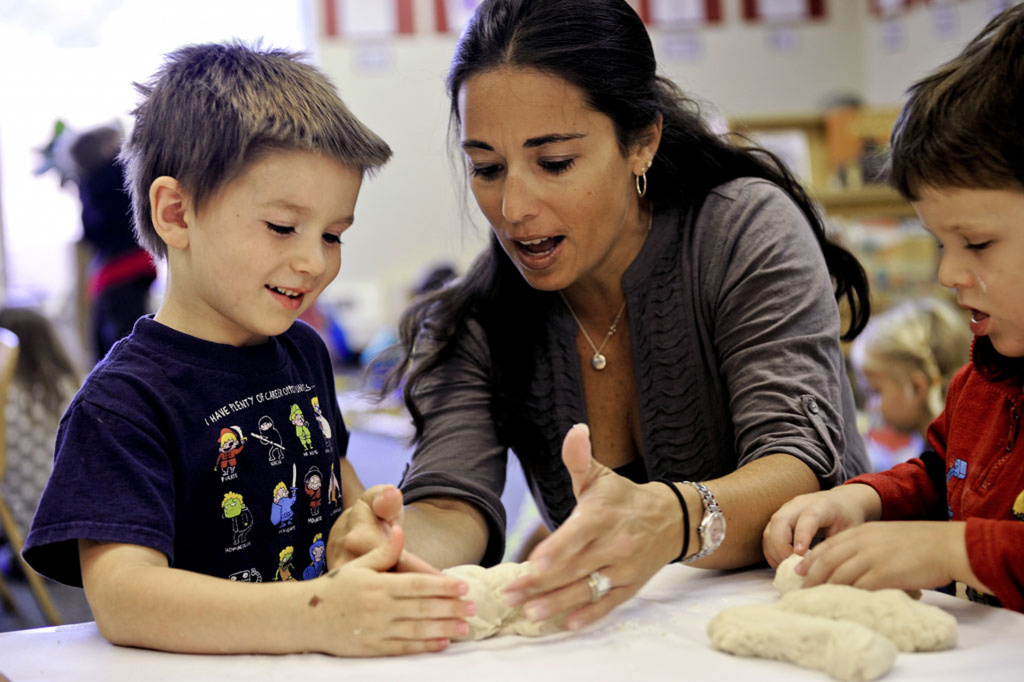
A key systemic change which is central to the special educational needs and disability (SEND) reforms and new ways of working is the replacement of Statements of Education with Education, Health and Care Plans (EHCPs). The concepts underpinning EHCPs are applauded (discussed in more detail below). EHCPs involve children, young people and parents in the process of drawing up implementing and reviewing the plan. Plans involve contributions and specified commitments from all agencies. Additionally, they should be accessible, recorded in plain English, and can cover the age range 0 – 25.
Education, Health and Care Plans are gradually being implemented across the country. All children and young people who have identified special educational needs will have a plan if they meet the threshold for one. No children entering schools are being admitted with statements, they all now have an EHCP.
“The school is also best placed for coordinating meetings with parents, and involving other agencies, as this is work routinely undertaken.”
The experience of conversion of Statements to EHCPs in two schools
The writer of this article is Executive Headteacher of two schools; a large inner London special school and a free school for children with extremely complex needs. Both schools have been working with the Local Authority to convert the statements of all pupils who presently attend the school to EHCPs. Statements were documents which were often written in legal speak rather than plain English. However in practice many practitioners had found a way to make statements work for them. In the two schools described here Annual Review meetings included a significant focus on person centred planning. These were led by the school but all other professionals and parents were considered equal partners.
Within the borough Local Authority staff have taken the lead on writing EHCPs for all children who do not presently have statements, those who attend mainstream schools and those who are home schooled. However given the size of our schools we are leading on the conversion of just under 200 statements to EHCPs, quite a daunting task.
Staff were involved, with other schools, agencies and LA staff in designing the framework for the EHCPs. Over 30 iterations were circulated, which made it difficult to sit down and get on with the task in hand.